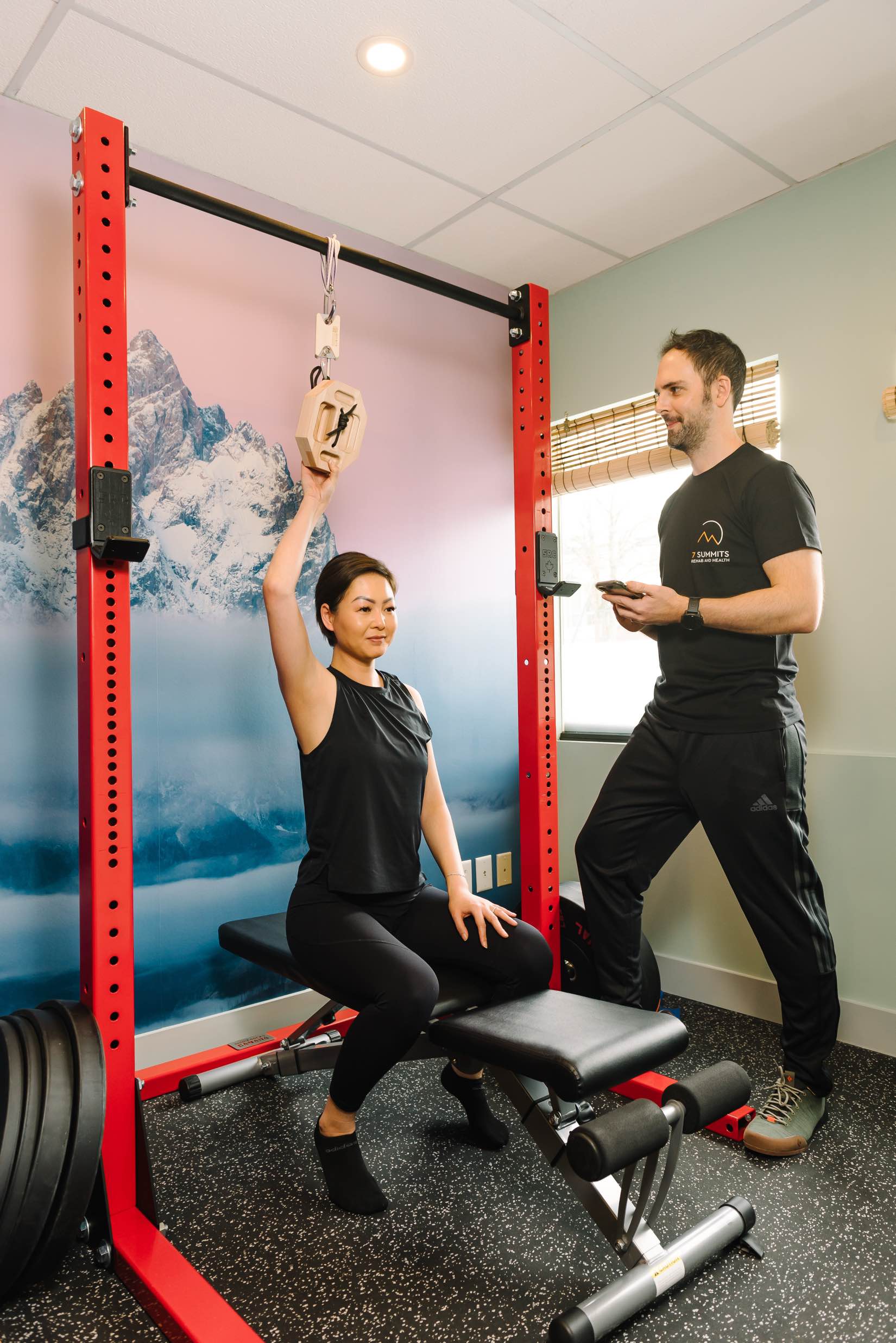Clinic owner James has been climbing for many years both on the rock and high up in the alpine. With a huge passion for all types of climbing and awareness of the dedication needed to progress and achieve climbing goals, James has focused a lot of his physiotherapy training understanding the injuries that are connected with climbing to help himself and his patients. James uses a full body approach to the assessment linking body mechanics used in climbing, mobility, strength and stability. By identifying such asymmetries and imbalances, James will provide you with a tailored plan of exercises and rehab recommendations with the goal of improving performance, movement and prevention of injuries.

Who should book?
Although specific to climbing, the session will be classed as a physiotherapist appointment as the focus here is on injury rehabilitation/prevention. Anyone from all walks of life and of any age with a passion for climbing will benefit from the assessment to gain an increased awareness of their body mechanics.
The Process:
Assessment: a thorough subjective will be completed diving into your current concerns, short- and long-term goals, and medical history. This is a vital component of the assessment, as it will lead us to being specific when assessing body mechanics and will keep us on the right track when discussing goals.
Climbing-specific physical assessment: James will assess full body mechanics looking at joint mobility, strength, imbalances and specific peripheral and spinal joint restrictions. He will take a climbing perspective when assessing control through the spine, scapulas and core. Lastly, specific shoulder and grip strength will be measured focusing on rate of force and peak force. This allows us to track improvements and guide the focus towards improving power, strength or endurance.
A plan will be gathered from the assessment results, which may include corrective exercise, further manual therapy and/or further stability work. A follow-up session re-assessing body mechanics and strength tests will be recommended to compare climbing-specific test results from the initial session. This will guide your progress and allow you to reach your goals instead of trailing off from that 100% improvement that should be strived for.
